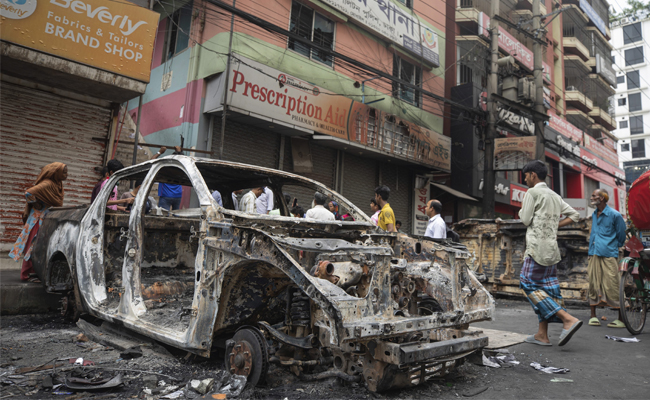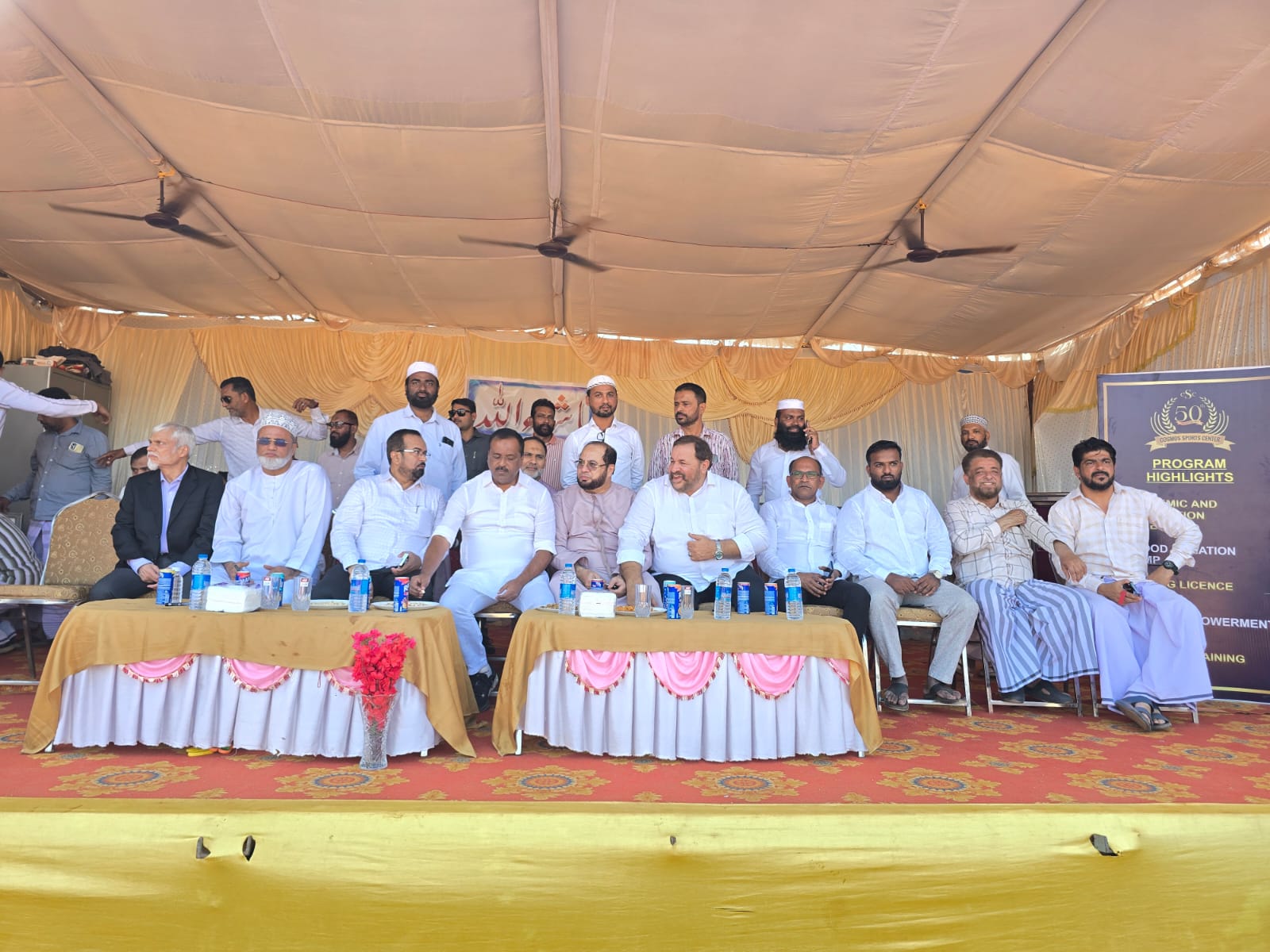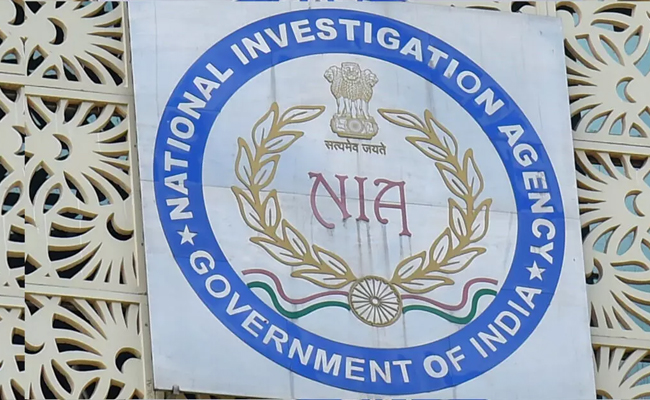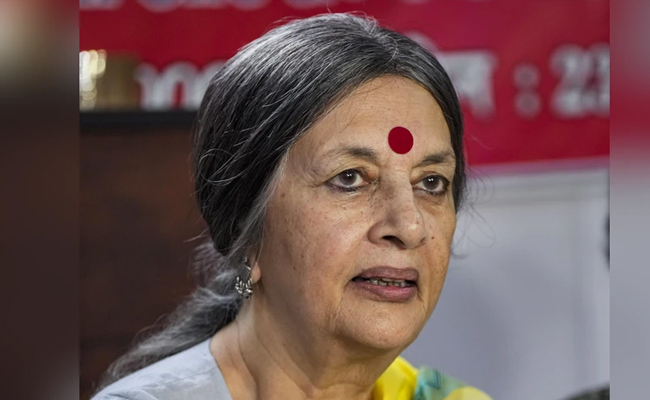New Delhi: Indian media is facing backlash for its portrayal of the recent uprising in Bangladesh, with allegations of spreading misinformation by depicting the unrest as a targeted attack on Hindu minorities. Reports suggest that several Indian outlets have used fake videos and unverified information, framing the events as part of an ISI-China conspiracy to impose an Islamist agenda in Bangladesh.
According to a report by Al Jazeera, Indian media misrepresented the ousting of Prime Minister Sheikh Hasina, presenting it as a wave of violence against Hindus. Some Indian channels, including The Times Group's Mirror Now, broadcasted videos of arson and violence, falsely claiming them to be attacks on Hindu properties, when in fact, the victims were mostly Muslims.
Local reports from Bangladesh confirmed that only two Hindus were killed following Hasina’s removal from power—one a police officer and the other an Awami League activist. While Indian media suggested a widespread anti-Hindu sentiment, evidence shows that the violence was politically motivated, targeting properties associated with the Awami League, including those owned by Muslims.
The misinformation has been linked to a broader narrative pushed by some Indian outlets, alleging Pakistani and Chinese involvement in the unrest, aimed at advancing an Islamist agenda in Bangladesh. This narrative is seen as part of a strategy to fuel fear and prejudice in India, particularly against Muslims.
Independent verification from Bangladesh contradicts the claims of mass violence against Hindus, revealing instead that the conflict is driven by political retaliation rather than religious animosity. Instances of Muslims protecting Hindu communities have also been reported, further challenging the communal narrative presented by some Indian media.
Critics argue that such sensationalist coverage in Indian media serves political purposes, particularly in the context of rising Hindu nationalism and anti-Muslim rhetoric in India, rather than providing an accurate depiction of the situation in Bangladesh.
Let the Truth be known. If you read VB and like VB, please be a VB Supporter and Help us deliver the Truth to one and all.
Bhatkal: Speaker of the Karnataka Legislative Assembly U. T. Khader visited Bhatkal in Uttara Kannada district on Saturday and attended a local cricket match being played as part of a tournament organised by the Cosmos Sports Centre of Bhatkal.
After attending a programme at Anjuman Hami-E-Muslimeen, Khader proceeded to the Bhatkal Taluka Stadium, where the tournament is underway. He was accompanied by office-bearers of the Cosmos Sports Centre and several local community leaders.
Those present during the visit included President of Majlis-e-Islah Wa Tanzeem and former JD(S) leader Inayathullah Shabandri, Vice President of Tanzeem Atiqur Rahman Muniri, General Secretary Abdul Raqeeb MJ, President of Cosmos Sports Centre Ismail Anjum, Managing Director of Mohtisham Complexes S. M. Arshad, former president of the Bhatkal Muslim Youth Federation Imtiyaz Udyawar, among others.
Addressing players and organisers, Khader extended his best wishes to the participating teams and urged the players to uphold the spirit of sportsmanship. He said such tournaments help promote unity and brotherhood among the youth.
The cricket tournament began on November 21 and will conclude with the final match on December 21. It is being organised as part of the golden jubilee celebrations of the Cosmos Sports Centre.
Cosmos Sports Centre is one of the member clubs of the Bhatkal Muslim Youth Federation and is known for its active role in promoting sports in the town. Apart from sporting activities, the centre is also involved in various social and community initiatives, including efforts to promote education among students.






